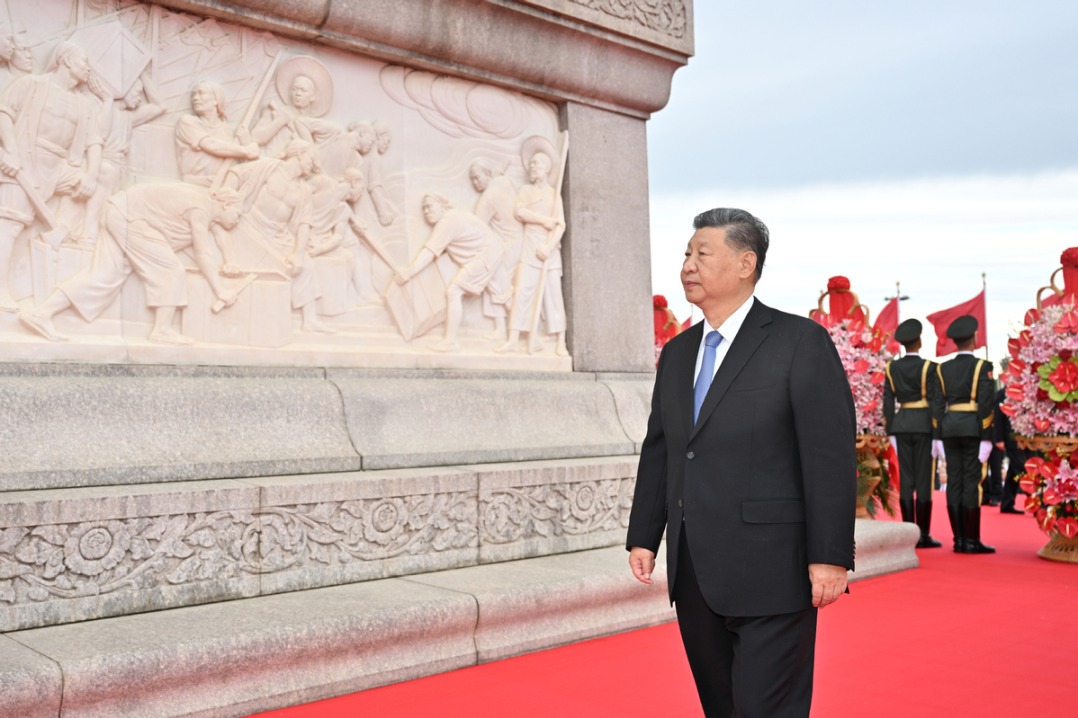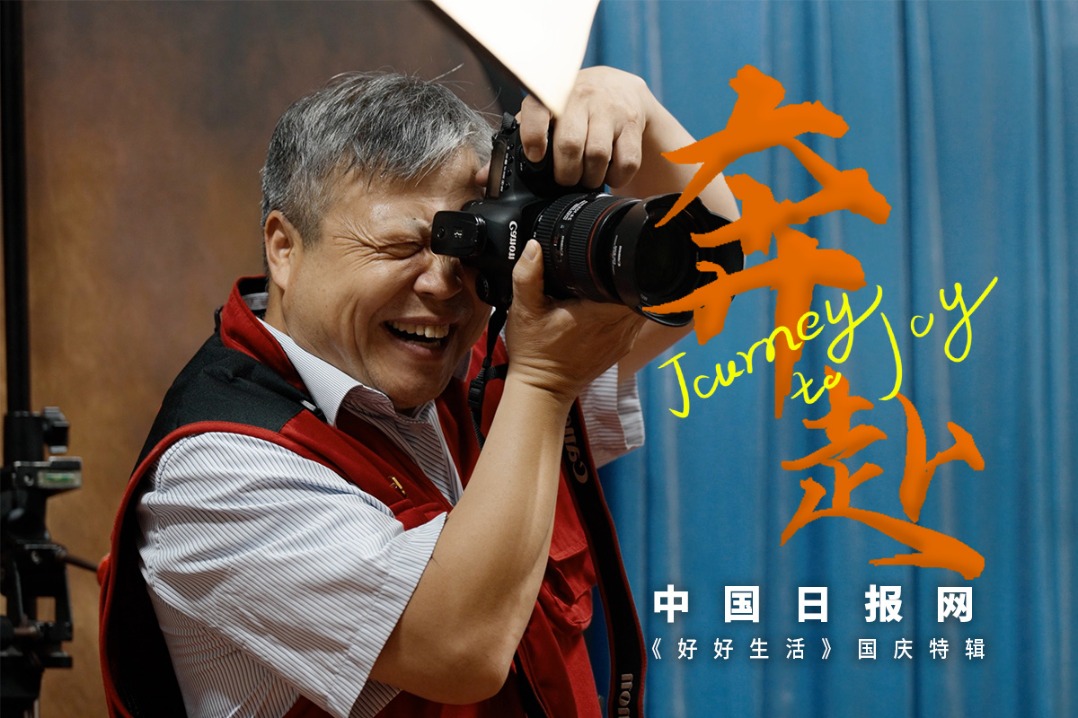Tracing footprints of PRC's first premier Zhou Enlai in Japan
Xinhua | Updated: 2021-05-29 14:03
In mid-April, tender green covers Arashiyama, a scenic mountain on the outskirts of Kyoto, Japan. More than 100 years ago, Zhou Enlai, who later became the first premier of the People's Republic of China, was traveling here.
During the trip, Zhou composed a famous poem "Arashiyama in the Rain," in which he expressed his initial confusion and the final realization of truth in his search for ways to save his motherland.
The poem is engraved on a memorial monument dedicated to Premier Zhou Enlai. Encircled by cherry trees on Arashiyama, the monument was made possible by the Japan Association for the Promotion of International Trade and other China-Japan friendship groups.
In September 1917, Zhou, after graduating from Nankai Middle School at the age of 19, boarded a ship to Japan, with the aspiration of "studying for the rise of China."
Japan at that time was a gateway to new ideas from the West and a place where various social trends were gathering but militarism was on the rise, according to Wang Min, an emeritus professor at Japan's Hosei University.
The young Zhou hoped to find a solution to save China by observing and learning firsthand, she said.
Since October 1917, Zhou started to attend a preparatory school in Tokyo for language training and preparations for college entrance exams. He wrote in his diary that he needed to learn with the determination entailed in grinding an iron pestle into a needle.
He lived around Kanda Jimbocho, where progressive Chinese students often met for rallies and political discussions. The place has now turned into Japan's largest bookstore street, flanked with rows upon rows of bookstores with antique billboards.
Zhou would often buy and read a variety of books here, including Chinese magazines and newspapers, such as La Jeunesse, a magazine considered at the center of the New Culture Movement back in China.
He would stand in the Tokyodo bookstore of Kanda Jimbocho and finish reading books and journals about the Russian October Revolution, according to Zhou's published diary about his life in Japan. It was also during this period that he gained access to the works of early advocates of Marxism-Leninism in Japan.
After Japan coerced the then Chinese government to sign a military agreement on joint defense in May 1918 with the real intention to put China under its control, Chinese students in Japan organized large-scale protests. During the period, Zhou, according to his diary, was preoccupied by the thought to save China and resolve the multitude of crises facing the country.
Some Chinese and Japanese scholars believe that the protests were an important turning point in Zhou's overseas study, making a significant change in his way of thinking and beliefs.
The evolving situation in China and Japan's growing militaristic ambition forced Zhou to give up studying in Japan and return to China in 1919.
Before leaving Japan, he visited Arashiyama and some other places, and wrote many poems, including "Arashiyama in the Rain." In the poem, he described "a little light" that is revealed through obscurity.
It is believed that it was a metaphor of the idea of socialism and Marxism, with which the young man had just come into contact.
























